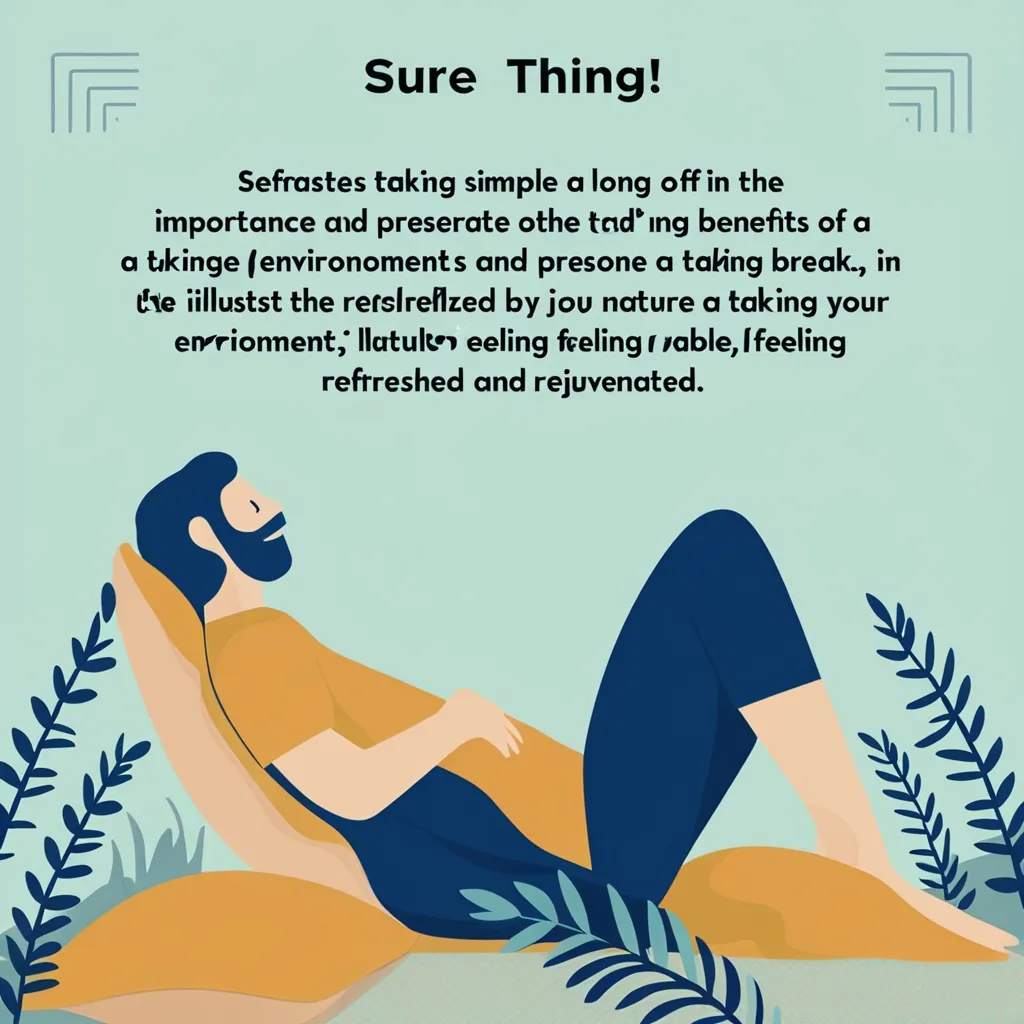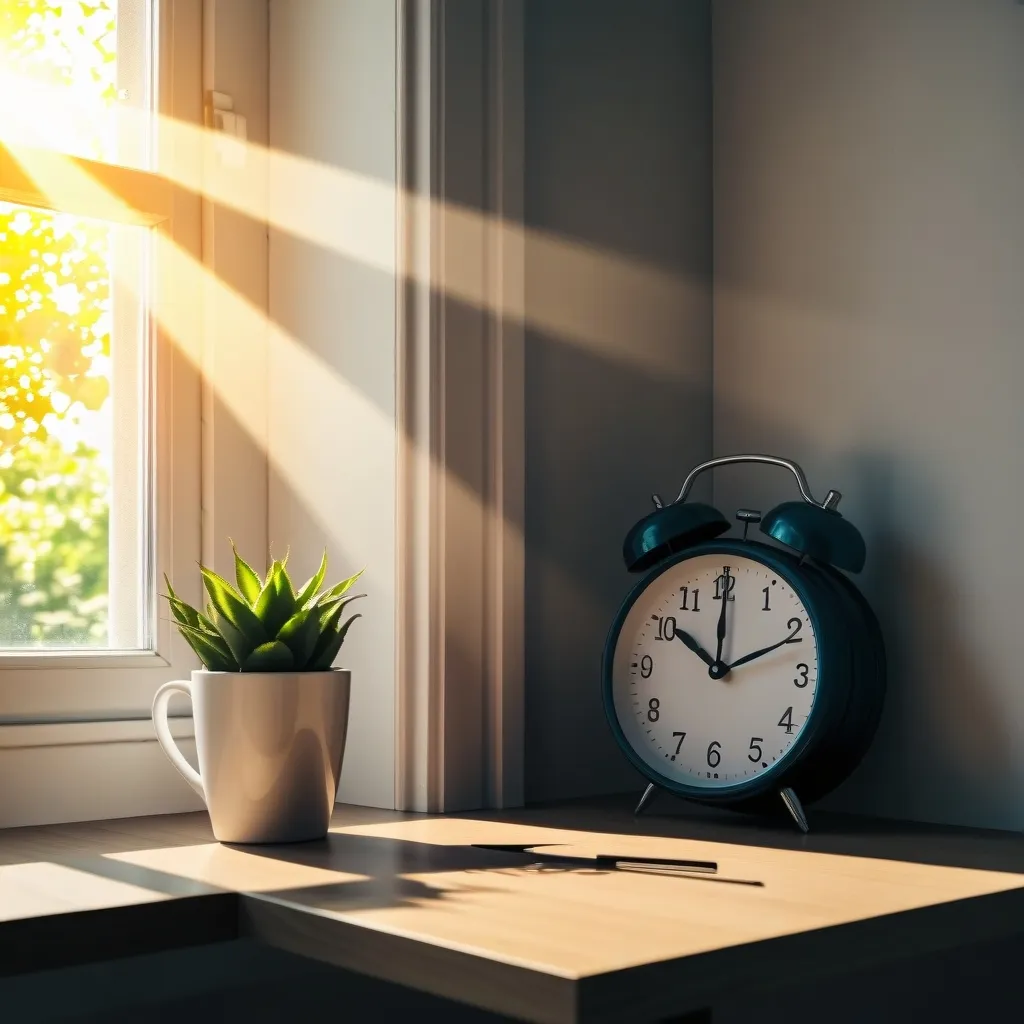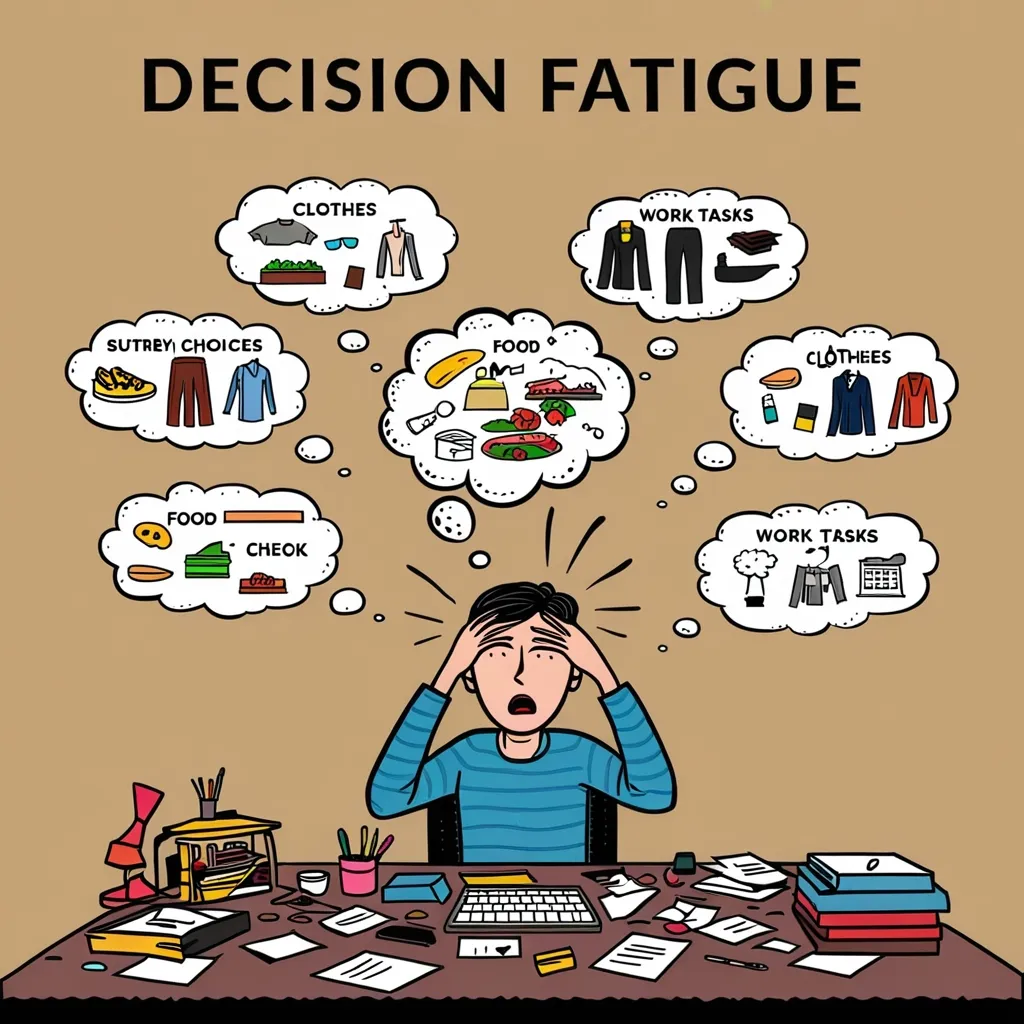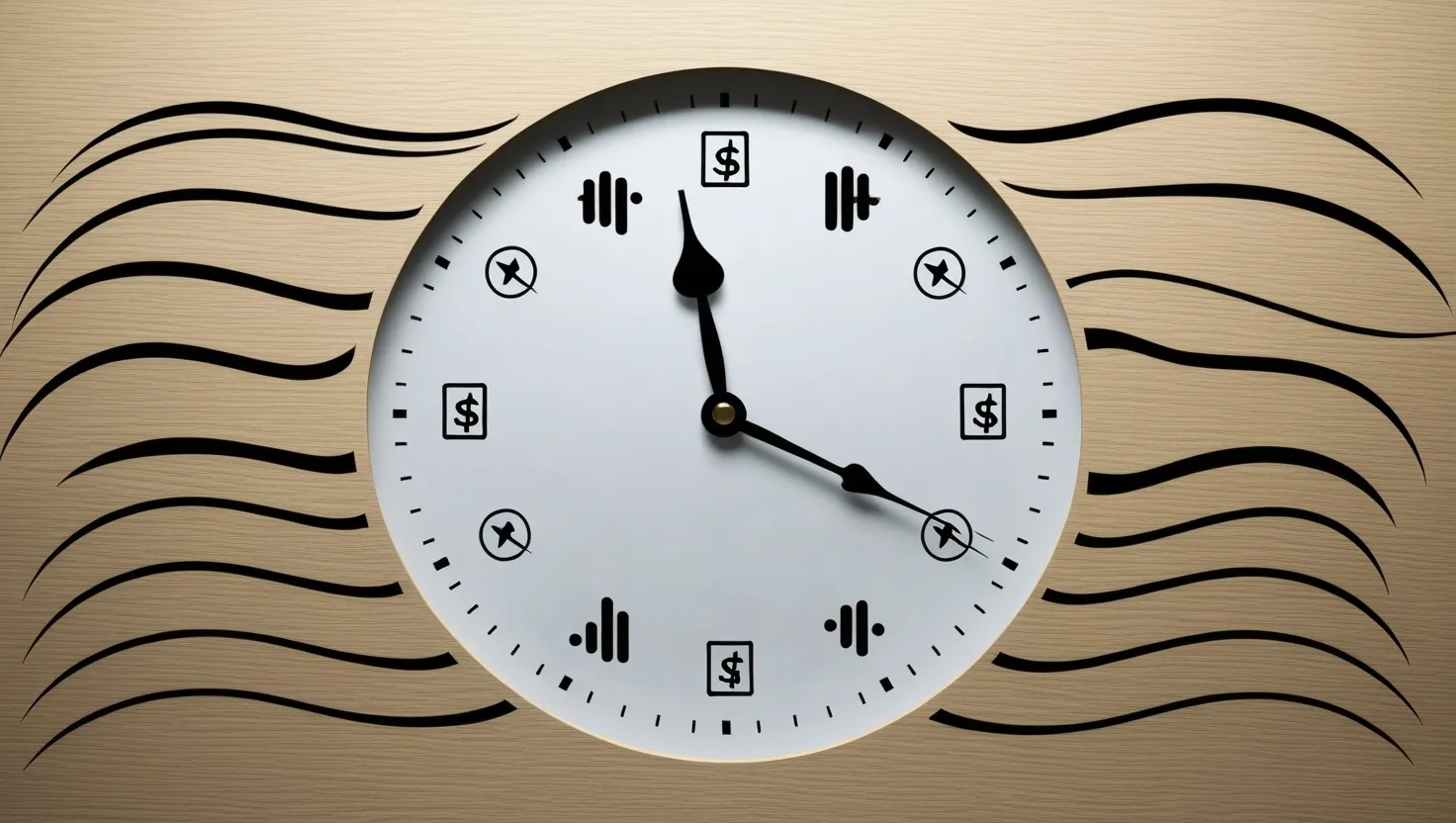Taking regular breaks is more than just a breather; it’s a fundamental part of staying sharp and ensuring we can keep up with our demanding routines. Consistent research highlights the tremendous benefits of breaks; whether you’re looking to boost productivity, reduce mistakes, or simply take care of your mental and physical health. Here’s a refreshing take on why and how you can employ breaks to get back on track.
When we’re neck-deep in routine tasks, our mind and body cycle between peaks of performance and bouts of fatigue. Without proper breaks, fatigue sets in quickly, causing our performance to plummet and mistakes to rise. A detailed study from the University of Missouri showed that workers who took breaks at the right times not only worked faster but with fewer errors. This refresh time acts as a reset button, combating the wear and tear from prolonged focus and strain, ultimately leading to better results across the board.
The idea of optimal break times is grounded in the “learning-forgetting-fatigue-recovery” model. In essence, workers hit their stride after some time on a task but start to fade as fatigue kicks in. After a break, re-acclimating to the task is required, but overall performance still sees a boost compared to those who forego breaks.
Pinning down the perfect break time isn’t a straightforward task. The intensity of your work largely dictates this. For high-pressure tasks, you might benefit more from frequent, shorter breaks, whereas a laid-back task could allow for fewer but lengthier breaks. Researchers suggest that when fatigue hits around 80%, it’s high time to rest. Once the fatigue level drops to about 69%, you’re likely ready to dive back in.
Enter the micro-break. These are short breaks, usually under 10 minutes, that can work wonders. A quick attention shift can zap fatigue, lift energy levels, and enhance overall performance. A University of Illinois study found that participants who took a short break to focus on something else improved their primary task performance significantly compared to those who didn’t.
While break schedules can vary from person to person, some general patterns can be your guiding star. One favored theory is taking a break every 90 minutes in tune with our natural ultradian rhythms. Another suggests working for about 52 minutes, followed by a 17-minute break. Regardless, finding your rhythm is key; what works best for some might not work for all due to differing work environments and personal preferences.
Staying away from work during a break isn’t just about taking physical space but also mental space. This psychological detachment ensures you’re refreshing your mind just as much as your body. It helps in keeping burnout at bay and maintaining a healthy life balance. Coming back to work with a clear head makes spotting new solutions or errors far easier.
What you do in your breaks matters a lot. Nourishing your body with healthy snacks like nuts or fruits and keeping hydrated is vital. Steering clear of sugary snacks can help avoid the dreaded energy crash. Caffeine can be a friend if used wisely, avoiding those unwanted jitters or slumps later.
Testing various break patterns is the best way to zero in on what works for you. Jot down how your focus, energy, and productivity ebb and flow throughout the day. This will help you spot the perfect times to step away for maximum benefit. Remember, a mix of short and long breaks tailored to your daily activities is usually what’s needed.
These insights aren’t just for theoretical musings. Real-world applications are everywhere. For example, in healthcare settings like ICU units, where the stakes are incredibly high, researchers use these findings to optimize shift schedules, supporting better performance and reducing error rates.
In conclusion, breaks are far from a luxury—they’re an essential component of maintaining productivity and well-being. Understanding the underlying science and experimenting with different break timings can help you uncover what works best. Whether you’re taking a short micro-break or a more extended pause, these moments are critical for rejuvenating your mind and body, setting you up for success in your tasks. So don’t hesitate—take that break. Your well-being and efficiency depend on it.






